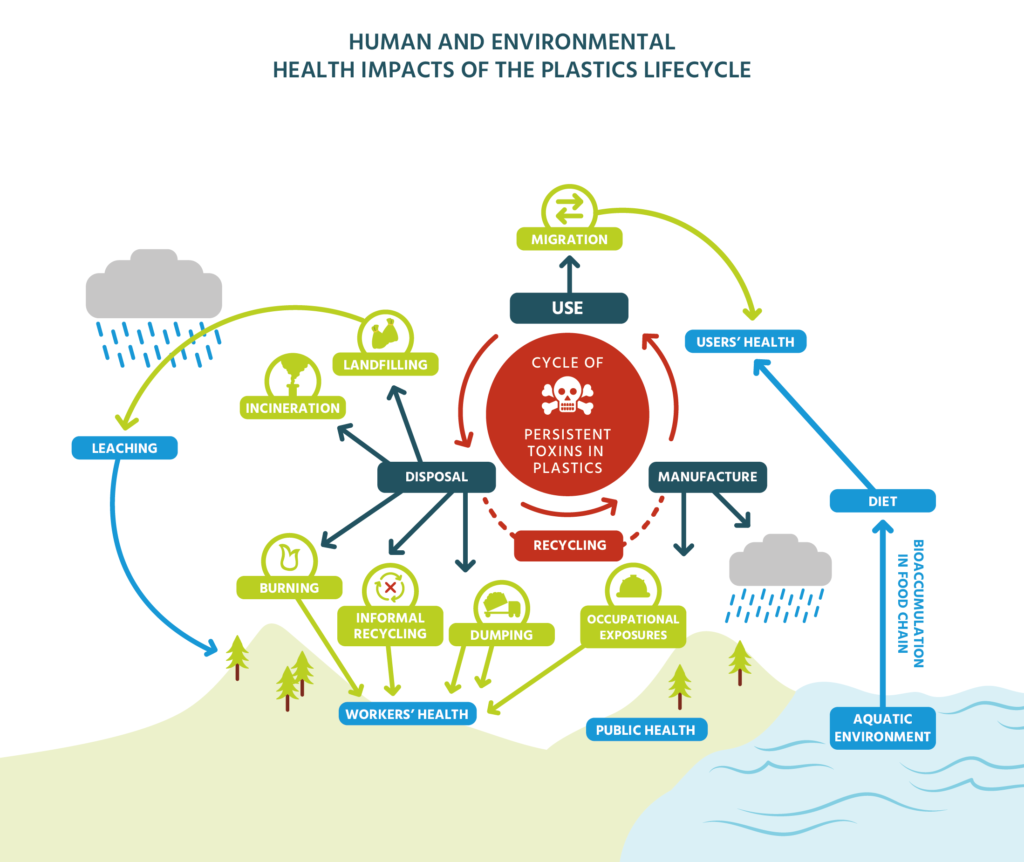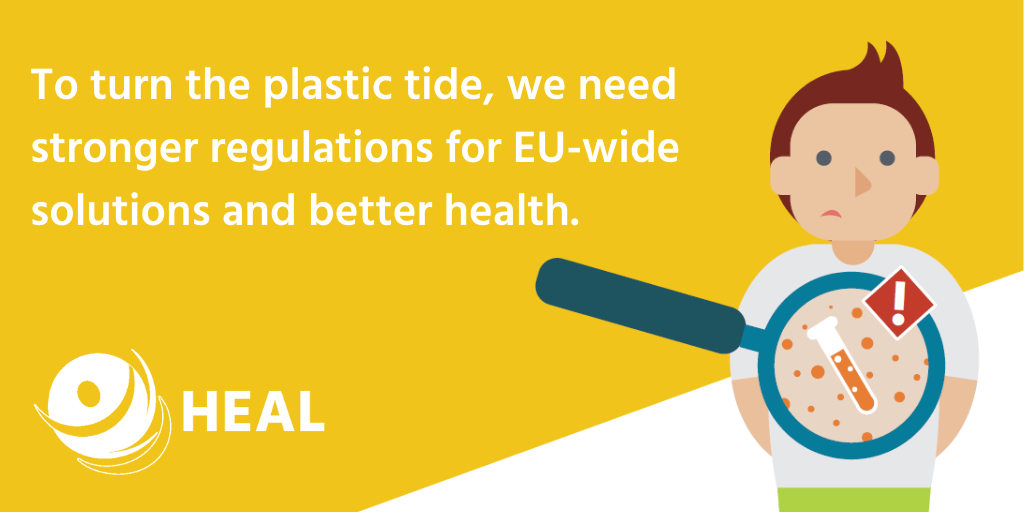Toolkit (EN, IT, DE): Advocating for clean air – how to communicate the science
HEAL has produced a science to policy communications toolkit for fellow NGOs and anyone working on clean air advocacy.
HEAL has produced a science to policy communications toolkit for fellow NGOs and anyone working on clean air advocacy.
Turkey is a country with a high burden of disease from air pollution. Poor air quality is the leading environmental risk factor for premature death in the country (and also…
First of its kind analysis on the health harm of burning fossil gas shows that in 2019 alone, burning fossil gas for power (and heat) generation caused over 2,800 premature deaths from…
This briefing outlines HEAL's response to two public consultations on the EU's initial assessment of glyphosate, and lists our key concerns about the EU assessment report on the toxicity of the pesticide.
The Health and Environment Alliance (HEAL) has today launched a briefing exploring the public health threat of wood-burning in the Western Balkans, as a major contributor to air pollution in the region. The briefing presents evidence-based arguments on wood burning and scientific data to support decision-making, as the Western Balkans and the EU shift to a carbon-neutral and healthy future.
HEAL’s new analysis on “Chronic coal pollution Turkey: Cumulative health effects” highlights that the country’s decades-long dependency on coal power generation has led to unacceptably high health impacts and costs.
A new series of HEAL briefings showcases the sources of air pollution in four cities in the Western Balkan region, and highlights why a phase out of coal power generation and fossil fuels in general would be beneficial especially for city residents.
This policy paper puts forward a proposal to mainstream agroecology into the policies governing EU food systems. It builds on the consensual vision of a coalition of EU civil society, farmers and scientific organizations to use the FAO ‘10 Elements of Agroecology’ and ‘13 Agroecological Principles’ as a framework to develop the appropriate instruments and targets for EU policies.
The production, use and recycling of plastics are not only the source of significant pollution of our environment, but they also have consequences for our health. Today the Health and Environment Alliance (HEAL) releases the primer ‘Turning the Plastic Tide’, aiming to shine a light on a rarely explored perspective to plastic pollution: the undeniable link between the synthetic chemicals used in plastics and their effects on our health.
‘Turning the Plastic Tide’ introduces readers to health concerns over our exposure to the chemicals coming at play throughout the entire lifecycle of plastics. It unwraps the grave challenge that the chemicals constituents involved at every stage – monomers, additives – pose to achieve a clean and healthy circular economy. The report also highlights the need for a broad definition of plastics that allows one to define the full scale of plastic contamination, including the all-pervasive problem of microplastics.
Exposure to chemicals used in plastics, like flame retardants, endocrine disruptors, PFAS, bisphenol A (BPA) and phthalates has been associated with a myriad of potential health impacts. For example, health concerns related to endocrine disruptors include reproductive disorders, development dysfunction, behavioural disorders, thyroid problems, low birth weight, diabetes and obesity, asthma, breast and prostate cancers.

Stronger regulations for Europe-wide solutions and better health
HEAL’s new primer is being launched at a crucial time for the delivery of Europe’s promises towards bettering future European legislation on chemicals and reaching the zero-pollution ambition. The release of the Chemicals Strategy for Sustainability, a key component of the European Green Deal, is expected in the autumn of 2020. If well crafted, this could be the most transformative chemical policy initiative at European level since REACH was launched in 2006.
Solving the environmental pollution and health impacts of plastics is only possible by acknowledging that the problems of plastics are inextricably linked to chemical safety. Effective protection of health and environment will require stronger, more efficient and protective EU-wide regulations on chemicals and articles in which they are used. And those regulations need to encompass the entire lifecycle of plastics if they are to truly contribute to the transition to a non-toxic circular economy.

Our recommendations for regulators to turn the plastic tide include:
Plastique : Inverser La Tendance
Les substances chimiques dans les plastiques qui mettent notre santé en peril.
Invertire Il Trend Della Plastica
Le sostanze chimiche presenti nella plastica che mettono a rischio la nostra salute.
Sustancias químicas del plástico que perjudican la salud.